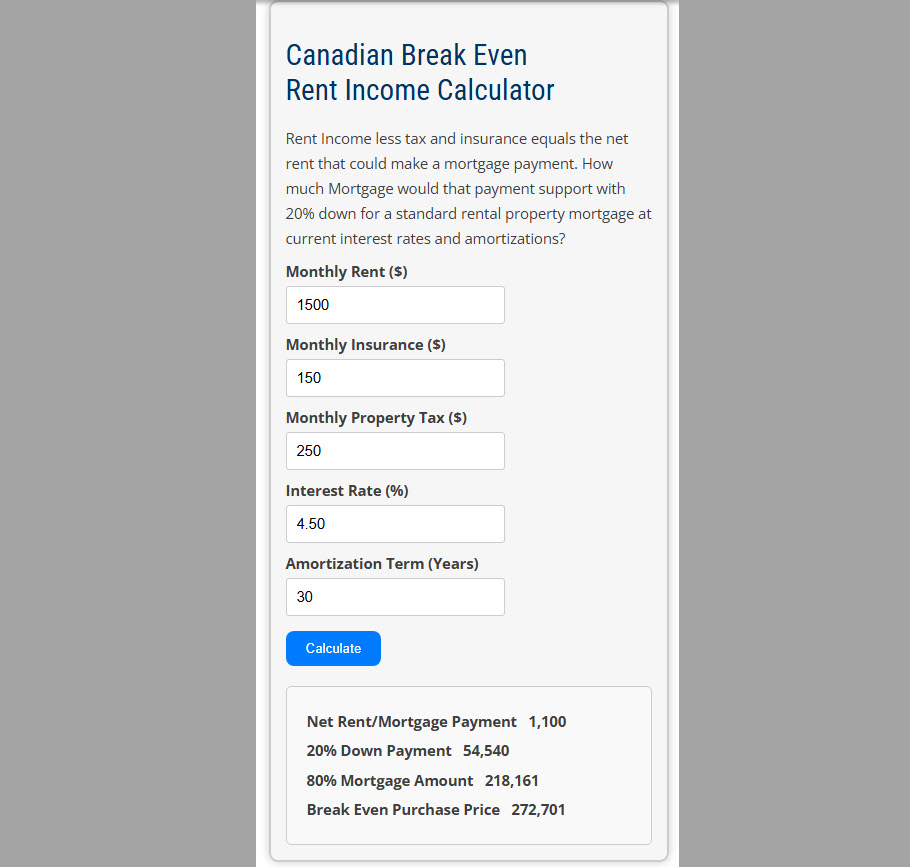Buying a condo in Calgary is an exciting venture, but it comes with its own set of unique challenges. One of the most important steps in the process is reviewing condo documents, which can be extensive and full of complex legal and financial information. For many buyers, this can feel overwhelming. Fortunately, ChatGPT can be a powerful tool to help streamline your due diligence. In this article, we'll explain how to use ChatGPT to review condo documents effectively, ensuring you make informed decisions with confidence.
Why Reviewing Condo Documents Matters
Condo documents provide a window into the financial health, management, and community culture of a condominium. They include details on condo fees, special assessments, bylaws, reserve fund studies, and more. Properly understanding these documents can help you avoid costly surprises and ensure that the condo you’re buying fits your lifestyle and financial expectations.
How ChatGPT Can Assist You
ChatGPT is an AI language model designed to help you make sense of large volumes of text. It can assist with:
1. Summarizing Lengthy Documents: Condo documents can be hundreds of pages long, including bylaws, meeting minutes, and financial statements. ChatGPT can summarize the key points, saving you hours of reading time.
2. Extracting Key Information: You can use ChatGPT to identify specific information, such as rules regarding pets, short-term rentals, or upcoming special assessments. This targeted extraction helps you focus on the details that matter most to you.
3. Simplifying Complex Language: Legal language and financial jargon can be difficult to understand. ChatGPT can rephrase complex sections into plain language, making it easier for you to grasp the implications.
4. Highlighting Potential Issues: ChatGPT can help identify potential red flags, such as significant increases in condo fees, unresolved disputes, or declining reserve fund health. While it cannot replace professional legal advice, it can give you a clearer sense of where to focus your concerns.
Step-by-Step Instructions for Using ChatGPT to Review Condo Documents
1. Gather Your Documents: Collect all relevant documents, including the condo bylaws, recent board meeting minutes, reserve fund study, financial statements, and insurance certificates. Digital copies in text-readable formats work best for analysis.
2. Break Documents into Sections: Since some documents may be too lengthy to process in one go, break them down into smaller sections. You can copy and paste individual sections into ChatGPT for easier analysis.
3. Ask Targeted Questions: To get the most out of ChatGPT, be specific with your questions. For example, instead of asking, “What does the document say?” you could ask, “What are the main restrictions in the bylaws regarding pet ownership?” or “Are there any upcoming special assessments mentioned in the board meeting minutes?”
4. Request Summaries: For lengthy sections, ask ChatGPT to summarize the content. For example, you could say, “Summarize the key points of the reserve fund study,” or “Summarize any significant decisions made in the recent board meeting minutes.”
5. Clarify Complex Terms: If you come across legal or financial terminology that you don’t understand, ask ChatGPT to explain it in simpler terms. For example, “What is a reserve fund, and why is it important for condo owners?”
6. Compile Notes: As you go through each document, compile your notes on key findings. You can use ChatGPT to create a bullet-point summary for each document, which will make it easier to review everything later or discuss with your real estate agent or lawyer.
Important Caveats
While ChatGPT is a powerful tool for helping you understand condo documents, it’s important to remember that it is not a substitute for professional advice. Consulting a lawyer or real estate professional who is experienced in Calgary's condo market is essential to ensure your interests are protected.
Conclusion
Using ChatGPT to review condo documents can save you time and make the buying process less daunting. By summarizing key points, extracting important information, and simplifying complex terms, you can gain a better understanding of what you're getting into before making a significant investment. Remember, though, that ChatGPT is an assistant, not an expert, so use it alongside professional advice to ensure you're making the best decision for your future home.










